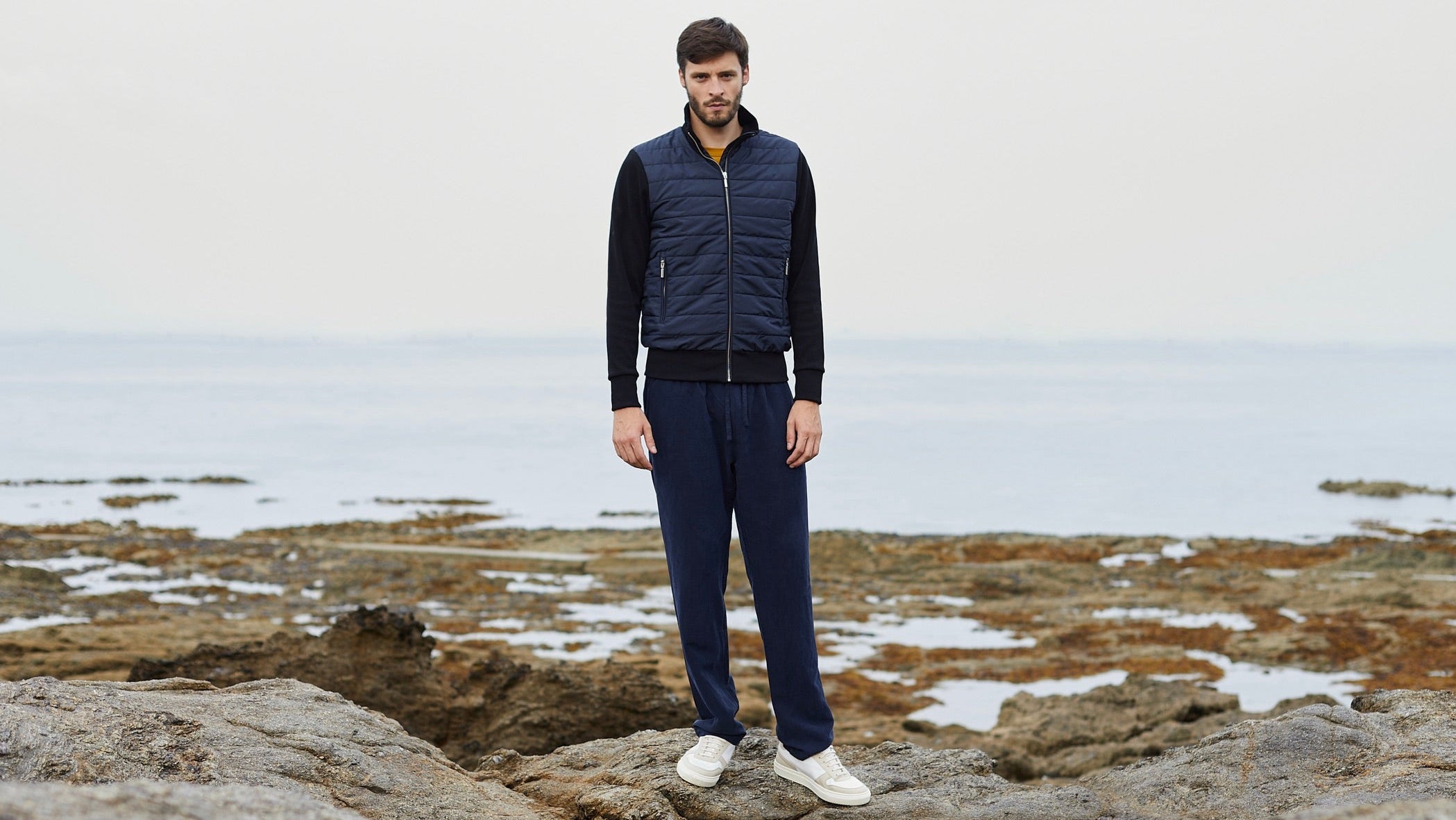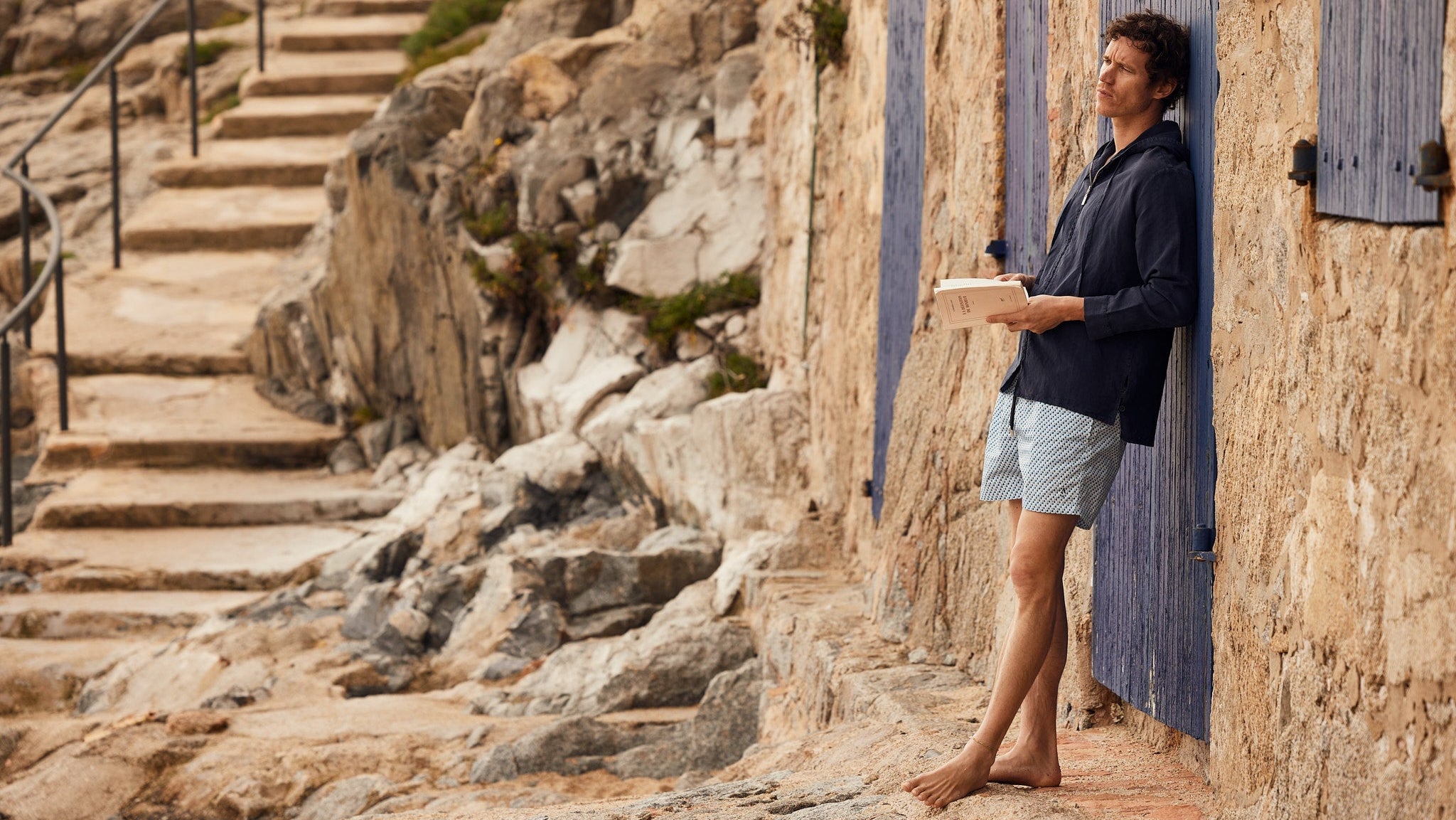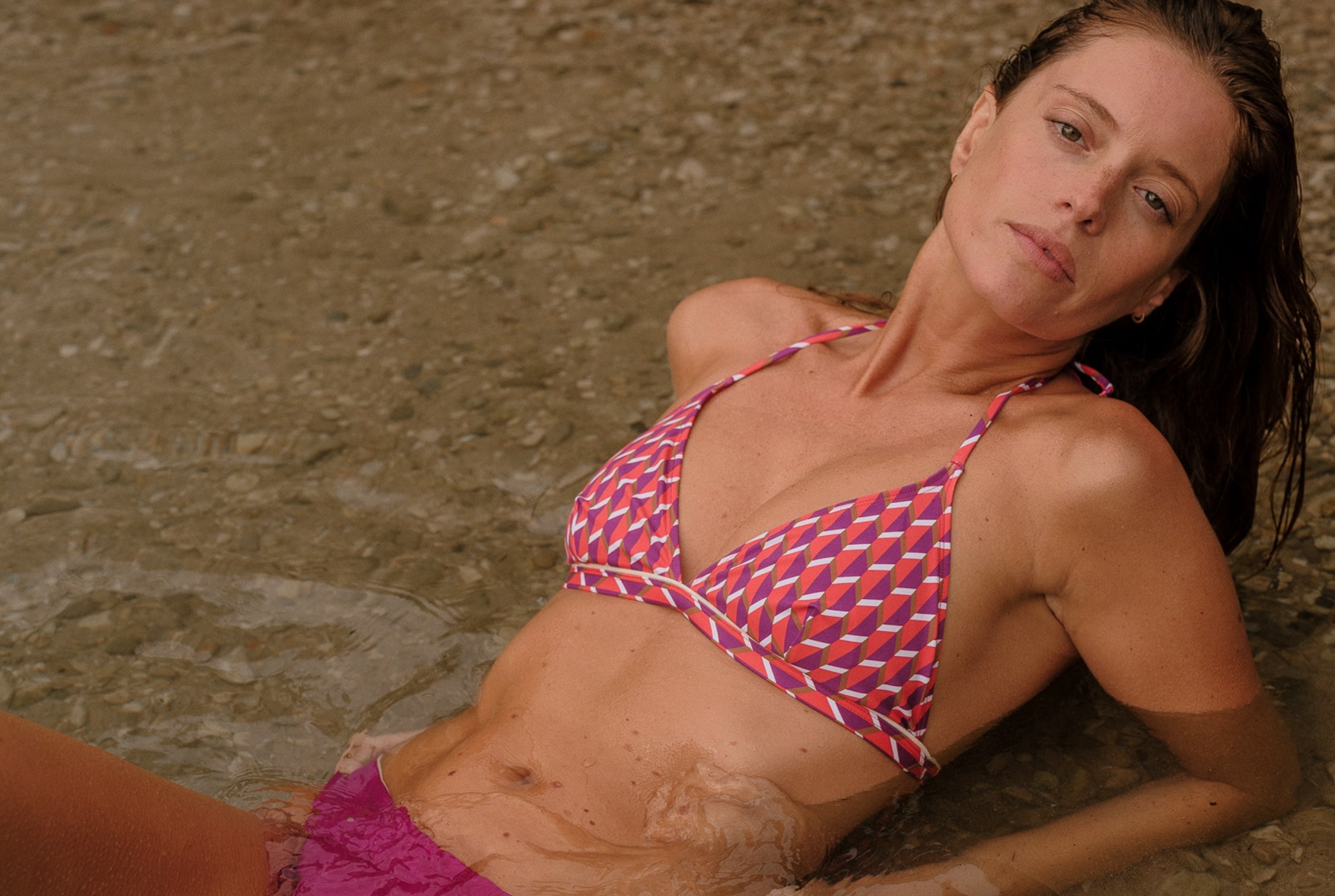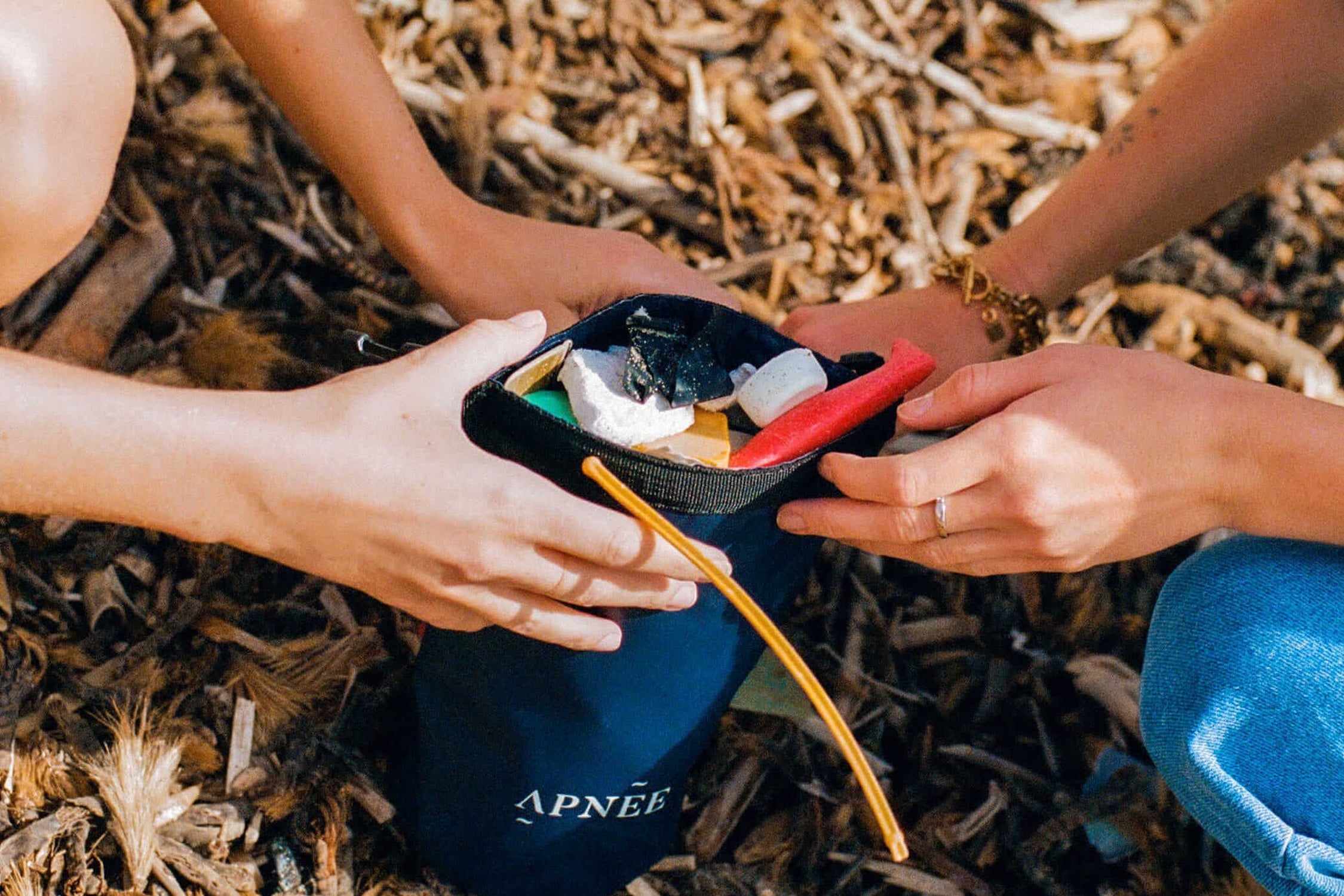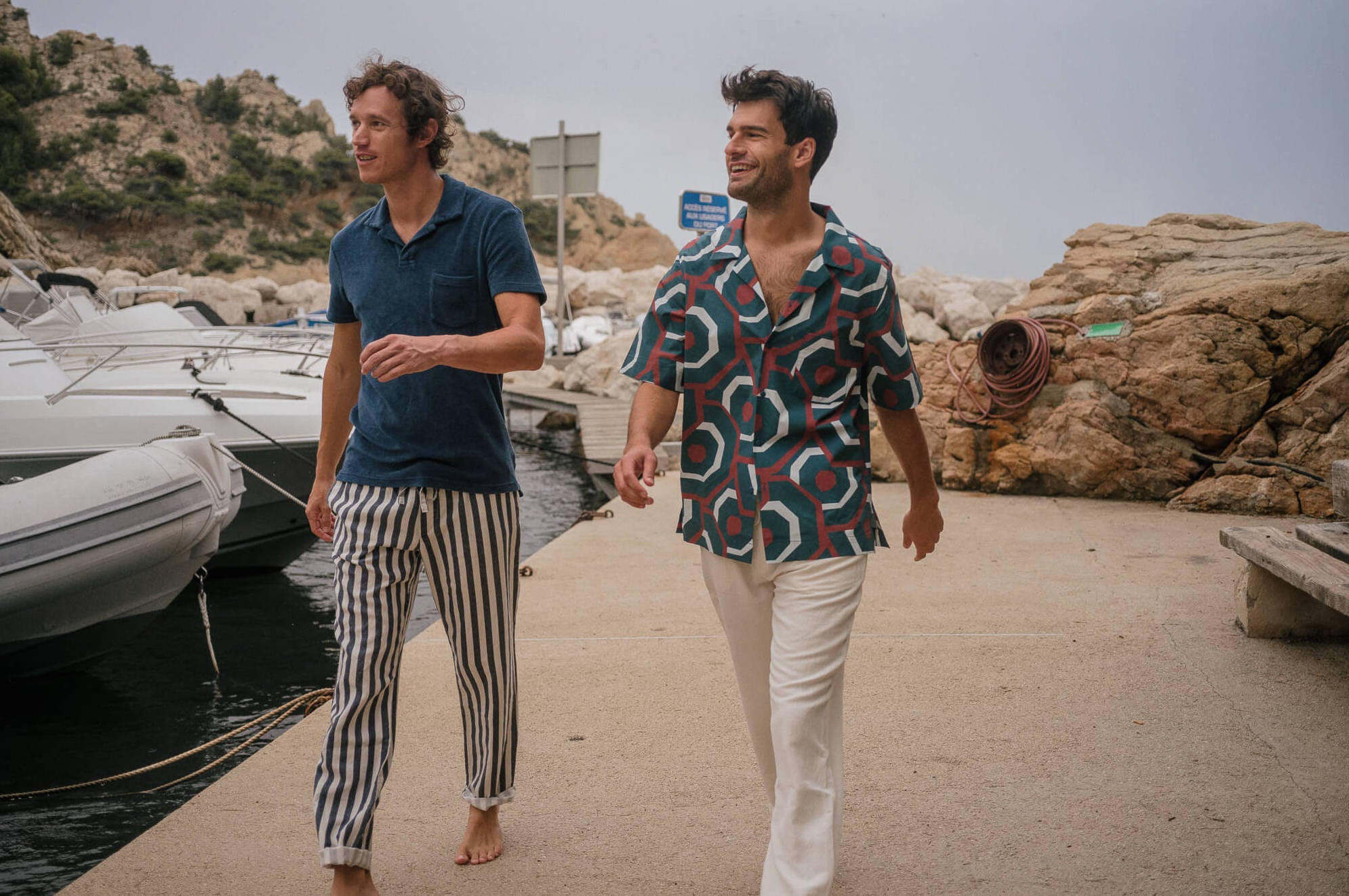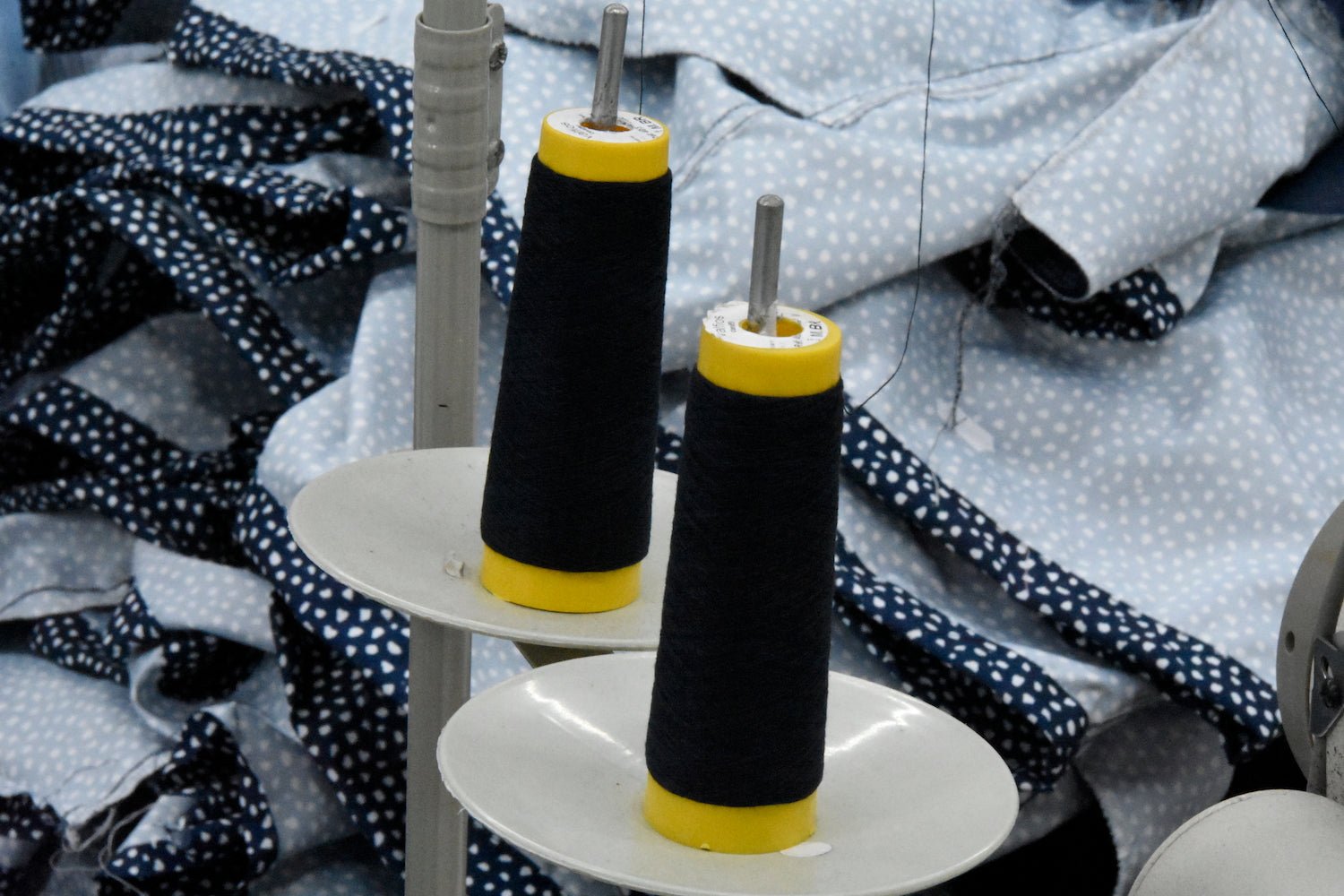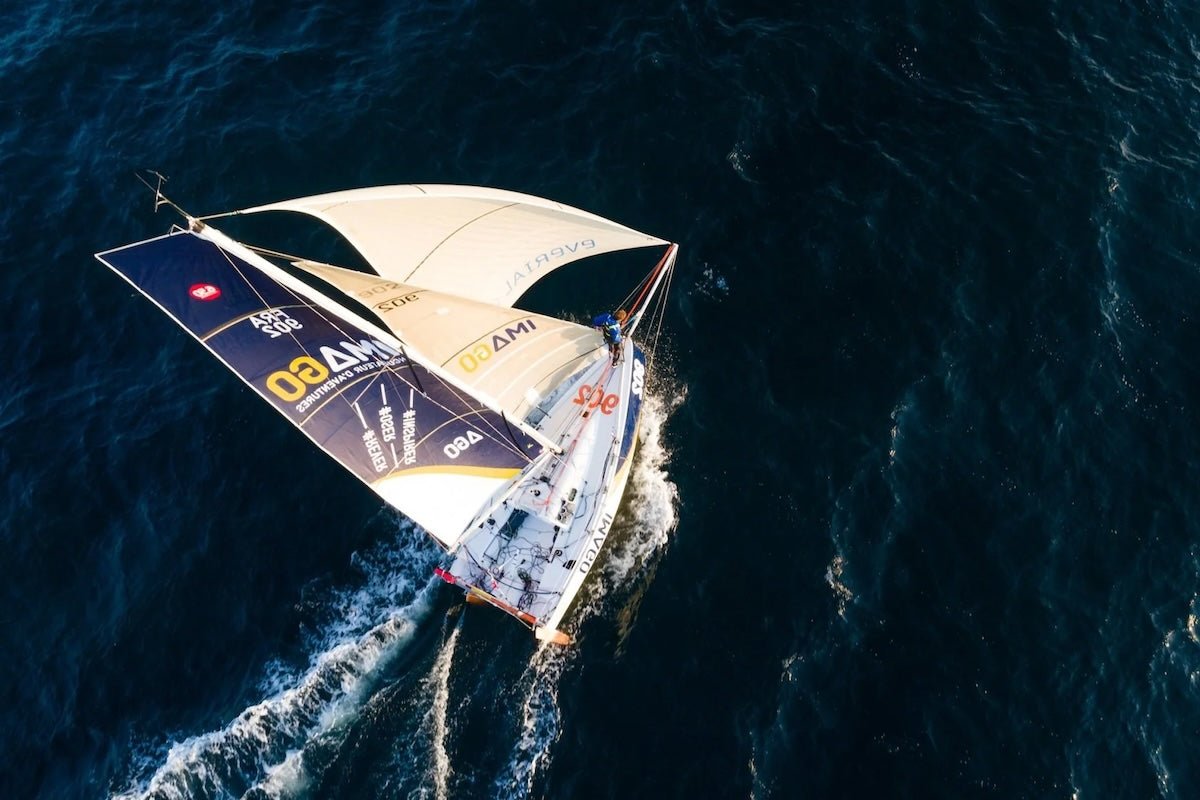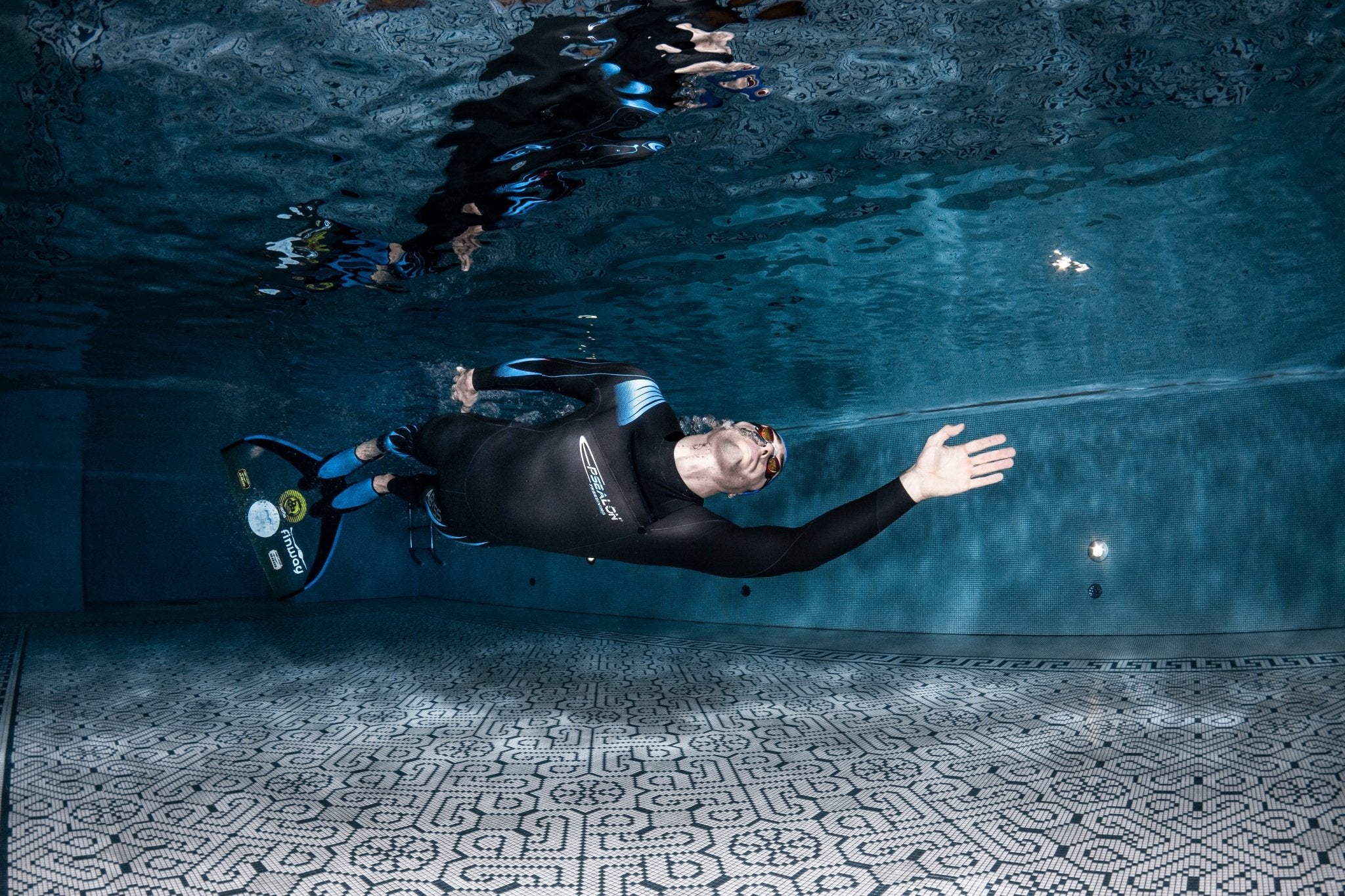
OCEAN LOVER #2: Arthur Guérin-Boëri
A talent and a passion that the freediver would now like to use to raise awareness about the protection of the seas and oceans. Explanations.
In what context did you start practicing freediving?
Having spent most of my summers in Corsica and Nice, I started freediving at a young age by putting my head underwater to watch the fish. At the age of 14, I could already last two or three minutes without training. Not living by the sea, the idea did not immediately occur to me to see if there were freediving clubs. It was only after my studies as a sound engineer that I started to do research, and noticed that there were in fact clubs almost everywhere, apnea having become a very trendy sport, in the same way such as yoga or tai chi. So, I started by giving it a try and I liked it so much that I signed up in 2011 for the Apnée Passion club in Montreuil, which happens to be the largest apnea club in France. I did a discovery year there, and in 2012, I was asked to compete.


What do you feel when you are apnea?
Let's say there are two aspects. Practiced recreationally, it is a sport that brings a lot of pleasure. This is why freediving is considered a wellness sport. Silence, weightlessness, contact with the element, gliding... When you practice regularly, this impacts physical exercise in a very positive way. There is a very soaring aspect from the moment you put your head under the 'water. This can last more or less long depending on the freedivers, depending on the exercise you are doing... I call it the comfort zone. We are on another planet, everything is fine, life is beautiful.
There is then a second phase which begins from the moment you want to breathe. Generally, those who practice tend to find real interest in pushing themselves mentally to manage this urge to breathe and explore what is behind it. A phase which allows you to work on surpassing yourself, self-confidence, taking a step back from everyday challenges...
Do you have to have natural predispositions to practice apnea, as was your case as a teenager?
No way ! Everyone can do freediving and enjoy it: old, young, men, women, smokers, non-smokers, athletes, non-athletes, etc. Obviously, I'm not talking here about the ten best in the world. It's like football, everyone can play it but to reach Ligue 1, you still need some genetic predispositions in addition to good training. Apnea is the same. everyone can practice even at a very good level... However, there are people who are helped by certain genetics and who therefore manage to achieve extraordinary performances. Maybe that's my case. In any case, we should not focus on that.
There are different categories in freediving. Which one do you prefer: Static apnea? Dynamic apnea? Deep apnea?
I enjoy all the disciplines but what I prefer in terms of sensations is going down to depth with a monofin. It's the most exhilarating and enjoyable thing, even if it's not the category where I excel. My biggest world performances, I did in horizontal distance with my monofin, like in Finland under the ice (175 meters) or in the swimming pool where I also broke a world record (300 meters).
In fact, in my opinion, the fundamental difference between dynamic horizontal apnea in a pool and deep apnea at sea is really for one, the mental difficulty linked to overcoming the urge to breathe and for the other, the mental difficulty linked to taking risks where we are going. Finally, even if few freedivers say it, everyone knows that the real warriors in terms of the desire to breathe are the freedivers in swimming pools and the real warriors in terms of risk-taking are the deep freedivers. , without mentioning the technical differences between the 2 disciplines.


Do you have any particular mentors, people who have taught and inspired you a lot?
Yes, and besides, the people who taught me are not necessarily freediving celebrities. I think first of Guillaume Lescure, my indoor freediving coach who has given me a lot, but also of freedivers in the Nice region, to whom I am quite close and who help me to progress in depth. I am thinking, for example, of Aurore Asso and Thomas Bouchard, both of whom I particularly appreciate.
You explained in a TEDx in 2018 that according to you, apnea is 90% mental. Do you ever find yourself not feeling like training? In these cases, what motivates you and keeps you going?
High-level apnea is a particular discipline because it is a sport where we overcome a very firmly anchored primary survival reflex, ventilation. I'm obviously talking about high-level apnea and performances where we go very far in the desire to breathe. I think there are people who are more willing to go into battle than others, but in my opinion you just have to be ready with yourself. No matter how much we consult the best mental trainers, there are days when we will break down without even knowing why, which has already happened to me, especially in competition. The moment it gets hard, you have to take out your war paint, leave your brain aside and continue swimming after 150 meters when you already want to breathe from the 50 meter stage and you have to go until at 300.
There are even periods when it becomes insurmountable and I no longer want to train. In this case, I cut it completely for two to four weeks, and come back to it after. It's also very important to take breaks because otherwise you'll give up for good and stop everything. I'm obviously talking about performances where we go very far in the desire to breathe. There, the dominant mental prowess is incommensurable with other sports.
You recently broke a world record under the ice in Finland. And what happens to you to be afraid before such a performance?
Yes of course ! Many top freedivers have already been afraid before going down. In general, when we are afraid, we wait until we are able to go the next day, even if in certain cases, like during competitions, we have no choice. We have to go. For this performance under ice for example, I was scared but I couldn't postpone it until the next day because I had planned a world record on the big day. It was a performance that no one had ever tested, and I I also had little experience in freediving in very cold water. I was only able to do two tries before and I realized that it was excessively hard. So, on the big day, I was anticipating a lot. There was really a lot of doubt about how my body would react to this extreme situation.



How do you see yourself in 5 years?
In 5 years, I would ideally like to be an adventurer, speaker and documentary subject incarnating to raise awareness about ocean conservation. We have a documentary series in the works at the moment. This is a project in which I would travel to the four corners of the world to discover underwater biotopes and the people who live with them. The idea is that through the practice of freediving, I try to show how climate change is modifying these underwater biotopes and the lives of these people.
What are your favorite diving spots?
I regularly go diving at the tip of Saint-Jean-Cap-Ferrat, in the Nice region. I also really like the solarium in Monaco, where the wreck of the Toulonnais lies, and the tip of La Revellata in Corsica, near Calvi.
A work related to the sea to share with us?
I obviously really like “The Big Blue”. It's almost too cliché to talk about it but it's a film that I love. I could watch it at any age, even after seeing it 50 times. There is a magic in this film and in this soundtrack by Éric Serra which brings me back to many things in my life... The South, Corsica, my family, my roots, my education... I identify a lot with the character and to the whole atmosphere of the film. I almost find the journey of my childhood and the things I experienced there.
Are you committed to protecting the seas and oceans?
I have been involved with Longitude 181 for 2 years, but as a Parisian, it is complicated for me to have in-depth knowledge of the oceans, marine mammals, the biotope… etc.
With the documentary series that I want to undertake, I would really like to work on the issue by exploring the oceans, in order to confront the impact of humans in these places and try to raise awareness among people. to this cause. But before testifying, we must discover. Many people declare themselves ambassadors for ocean protection even though they know nothing about it. I prefer to have the humility to say that I don't know much but I have the desire to go to these places, in danger or not. Discover the wonders of the ocean and the ecological disasters, and then be able to talk about them legitimately.
Are you optimistic for the future of the planet?
There are more and more people around me who are sensitive to ecology, so I have good hope that we will manage to save our planet. I think that human beings are capable of reasoning. On the other hand, I am wary of the commodification of ecology. I find that certain things make no sense, like imposing a carbon tax on the French, while in China, there is a coal-fired power plant that is built every two weeks or almost. We must pursue a coherent policy internationally, including in emerging countries which are extraordinary polluters. It's certainly not my job, but you have to be realistic. our initiatives will be no match if countries like India, China and the United States continue like this.



